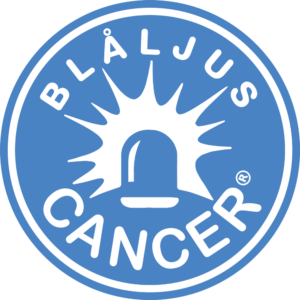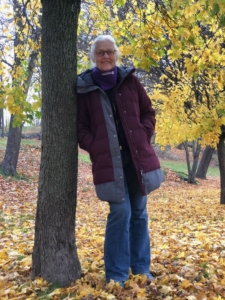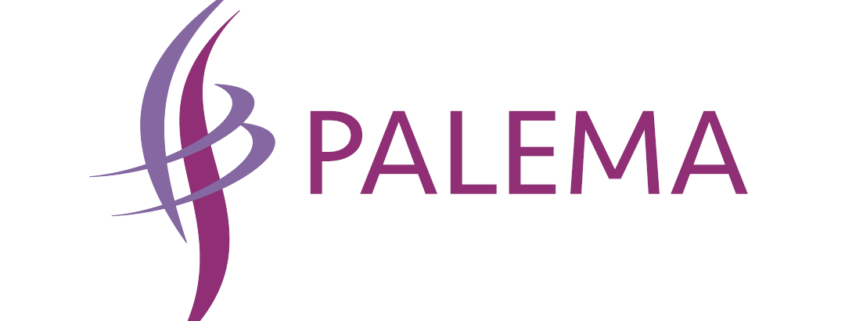Cancer Society PALEMA was founded in 2015. People from the cancer profession took the initiative to start PALEMA as there was no association for these diagnoses to which they could refer their patients.
They have two areas of focus:
First – they support those already affected with a cancer diagnosis or their relatives/caregivers. They provide information, advice and news on their website https://palema.org/, they arrange support meetings for patients as well as caregivers mostly in digital format. They arrange several events every year covering all diagnoses – these can be physical events, webinars, or hybrid events. WPCD is their main event regarding pancreatic cancer – as is the month of November. They also have a support phone line for those who need someone to talk to and they have a closed Facebook groups where people can meet and discuss, give advice and hope.
Second – they are working hard in the field of advocacy to make changes in the healthcare system. They want to see a system where the patient is in in the drivers seat working together with other stakeholders. They want to have more influence in all fields such as research, healthcare. They want together, with politicians and other decision-makers bodies, to change the patients trajectory to a more seamless pathway from symptom via diagnosis and treatment to rehabilitation and in the best case scenario, a cure. If not a cure then the possibility to live a “normal” life with cancer as a chronic disease.
Ongoing Projects
PALEMA includes five different cancer diagnoses. Besides pancreatic cancer, which is their largest group, they represent cancers in liver, bile duct, stomach and esophageal (upper GI). These five diagnoses belong to what the EU calls “poor diagnosis cancers” with a combined 5-year survival rate below 30%. Pancreatic cancer, which is also called “a neglected diagnosis”(neglected with regards to survival, new treatments, research, and studies), is worst in class with a survival rate below 8%.
Their cancer diagnoses are extremely time critical. For those affected, time is of the essence and often the difference between life and death. Therefore, they refer to them as Emergency Cancer (Blåljuscancer® in Swedish), which means that they want their diagnoses to be treated as acute diseases that require immediate attention and treatment. What most of their surviving members have in common is that they have received care very quickly after a suspected diagnosis. You can read more about emergency cancers here: https://palema.org/en/types-of-cancer/emergency-cancer/.
They are also trying to influence decision-makers to ensure that their diagnoses receive more resources for research.
They have a website https://palema.org/ with a great amount of information for those affected. Besides the diagnosis information pages, they publish articles about the newest research, new studies, and other interesting information. They have a lot of recorded events and webinars in their archives, and they share patient stories (survivors to give some hope) and they have information about what you can do for yourself. Most information is in Swedish, but translation to English is in progress.
The WPCC can support PALEMA by sharing information about what happens internationally, the latest developments within the fields of precision medicine, and research and new studies about immunotherapy. Also sharing stories about hope, support with information and campaign material, and help with spreading the word to reach Swedish-speaking people living abroad.
They are looking forward to working with the WPCC in continued good cooperation to jointly support those affected and to fight for a cure for pancreatic cancer on an international arena.
To learn more about the Cancer Services PALEMA, visit their Member Page



